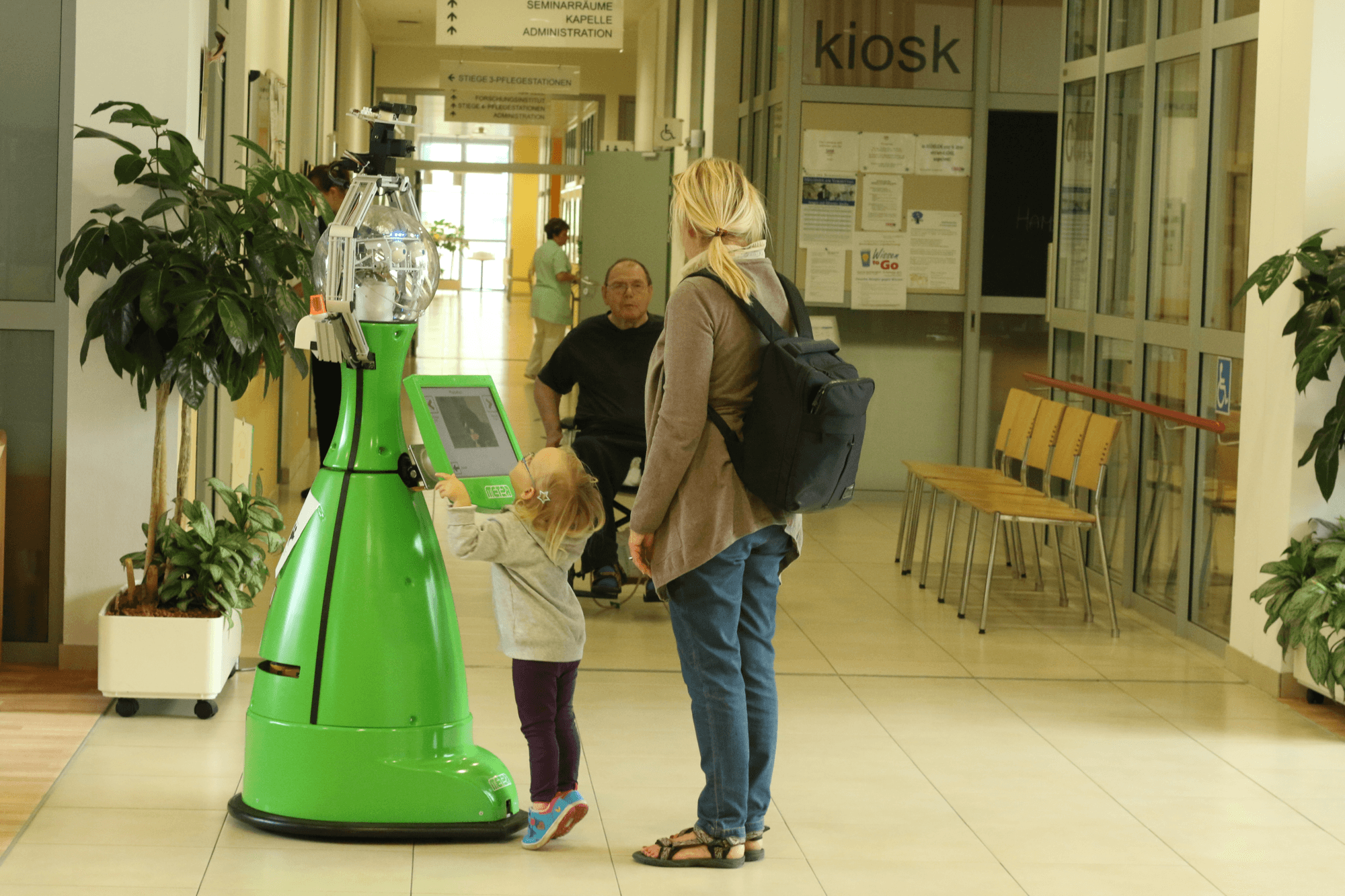Prof Duckett to speak at Agri-Robotics event
Robotics, automation and associated technologies As part of Arable Horizons hosted by Farmers Weekly, University of Lincoln Professors, Tom Duckett, School of Computer Science / lead for Lincoln Centre for Autonomous Systems and Simon Pearson, Founder of the Lincoln Institute for Agri-Food Technology (LIAT), will be speaking at the National Space Centre, Leicester, on 26th April 2017. Arable Horizons is a…
